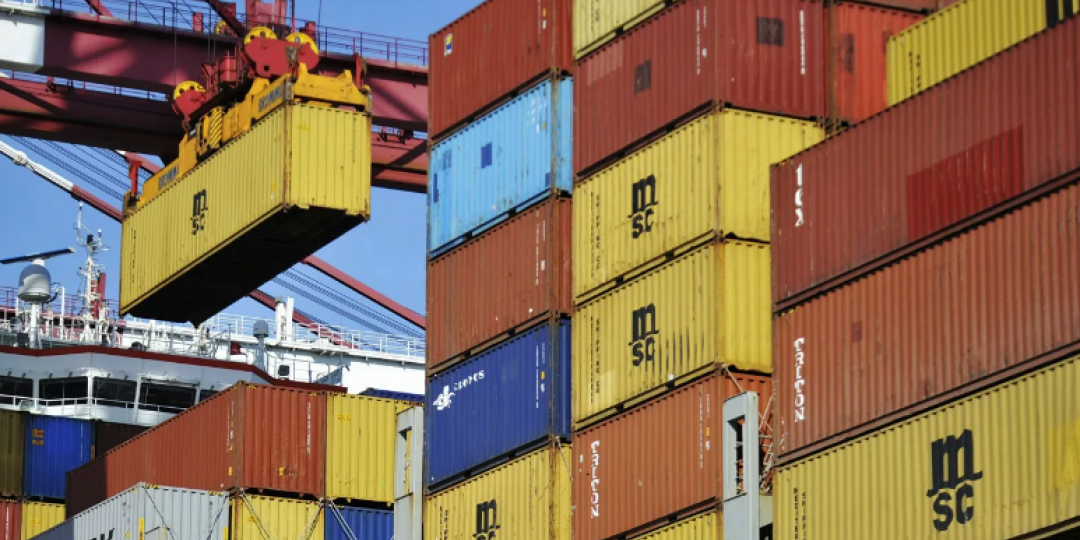Container throughput decreased week-on-week (w-o-w) from 8 838 containers to 7 197 for the week ending March 22, Business Unity SA (Busa) and the South African Association of Freight Forwarders (Saaff) have found in its latest Cargo Movement Update.
The significant decrease is primarily because of adverse weather conditions, compounded by equipment shortages and breakdowns, and was exacerbated by congestion.
According to the update, “Strong winds and dense fog were the main operational constraints in Cape Town this week, while high swells coupled with adverse weather disrupted operations at our Eastern Cape ports.
“A fatality in Durban disrupted waterside operations for approximately five hours between Monday and Tuesday.”
On the upside, Busa and Saaff said: “The Port of Richards Bay is being positioned as a critical hub for energy trade through the development of new bulk infrastructure, which is expected to be completed by the end of May.”
The update also draws attention Transnet reaching “a critical milestone in the country’s rail reform process by setting up the rules for the introduction of third-party access to the country’s rail network”.
Unfortunately, depressed cargo processing at the country’s ports is the overriding aspect of the latest update.
“This week’s container throughput volumes are very disappointing, considering the stellar week container operations experienced last week,” said Busa and Saaff.
“All major terminals registered significant declines versus last week, except for Durban Container Terminal (DCT) Pier 2.
“In fact, DCT Pier 1 was down by 25%, Cape Town Container Terminal down by 19%, and Ngqura down 39%, w-o-w.”
Striking a balanced tone, the update says: “Despite the fact that operational performances at our container terminals fell well short of expectations in the past week, the medium-term trajectory shows some promise, offering optimism and suggesting potential for improvement and growth.”
Busa and Saaff reiterated what had been stated in the past, that collaboration within the industry was imperative to improve efficiency.













